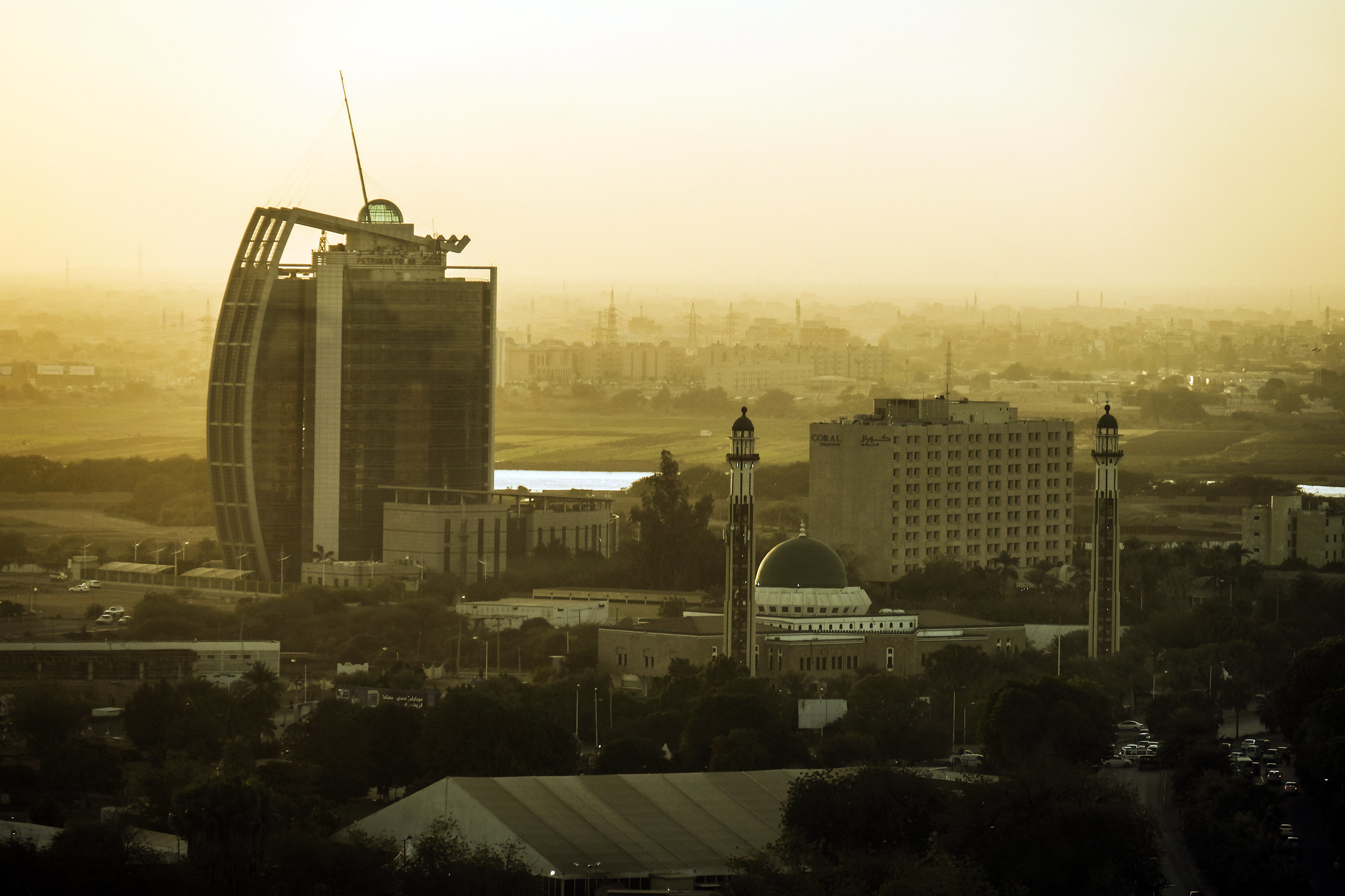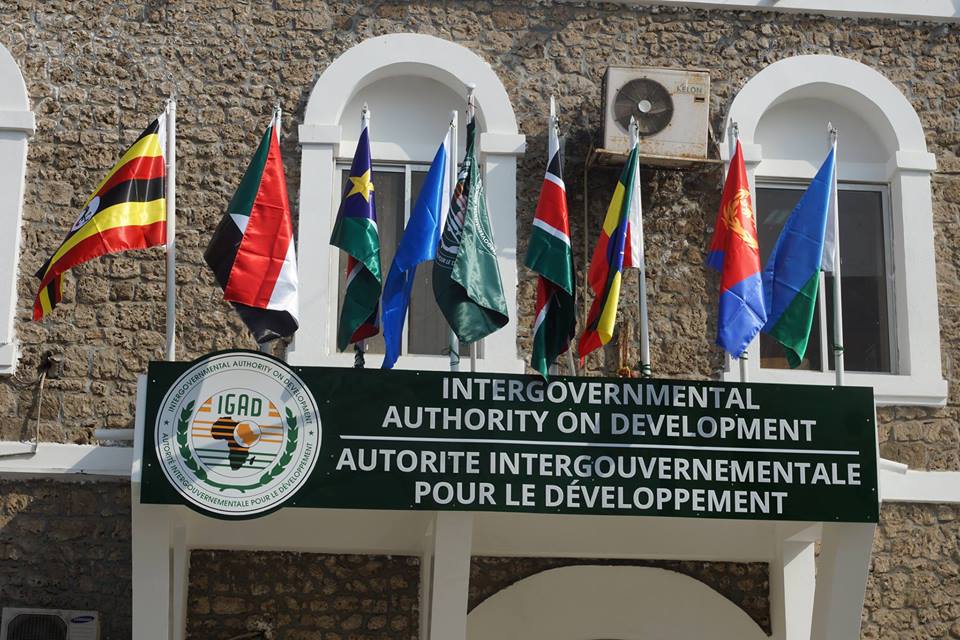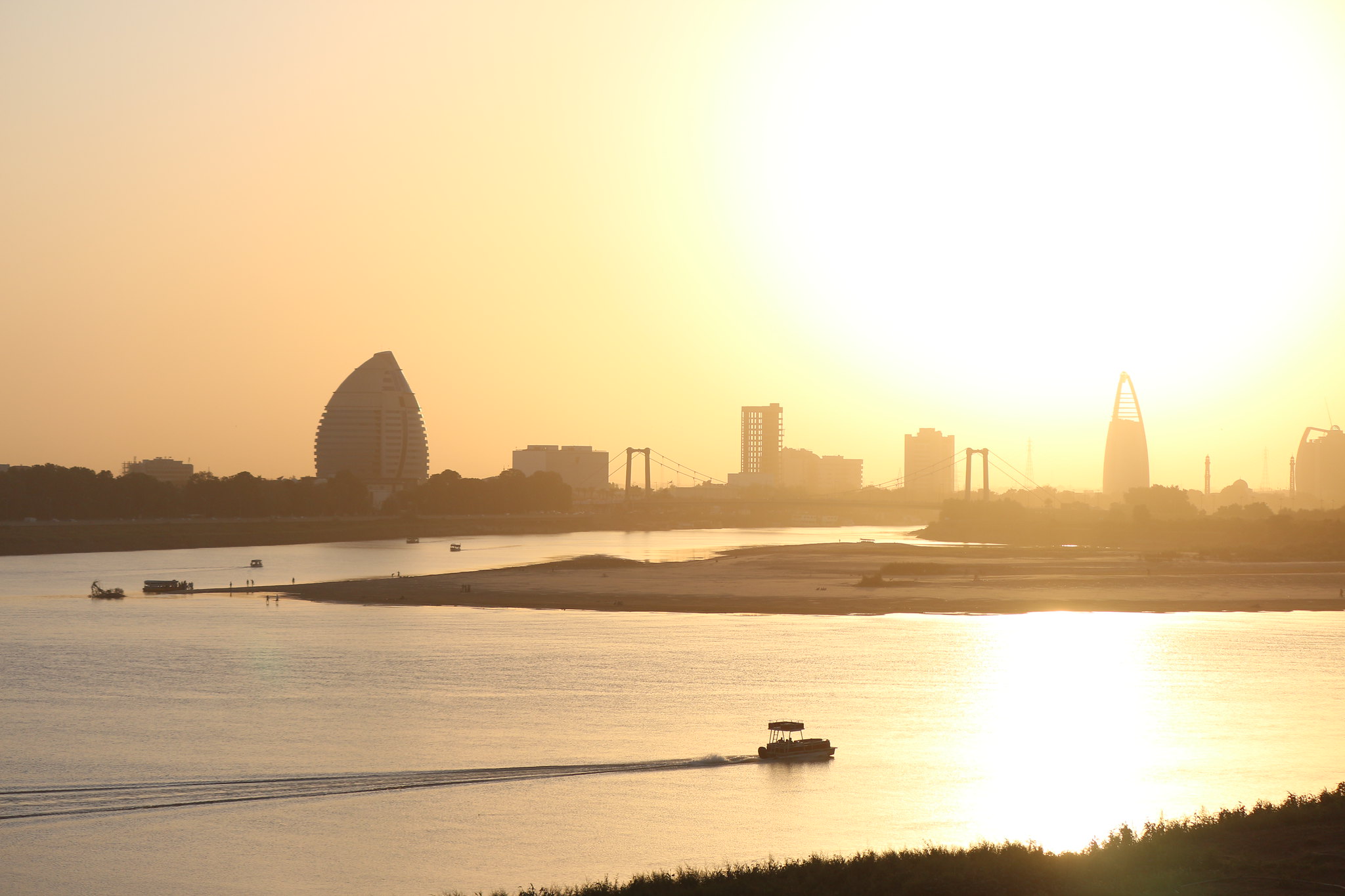Sudan needs an international coalition for peace and binding commitments on its future to stop the civil war that is benefiting no one except the generals, writes Christopher Zambakari.
The civil war in Sudan, which erupted in April 2023 is now entering its second year. It has brought about immense devastation and suffering to the people of this embattled nation. The conflict has resulted in one of the largest displacement crises in the world, with millions of Sudanese forced to flee their homes. The warring factions, the Sudanese Armed Forces (SAF) and the Rapid Support Forces (RSF), led by Abdel Fattah al-Burhan and Mohamed Hamdan Dagalo respectively, have been engaged in a deadly power struggle that has left thousands dead and millions in desperate need of humanitarian assistance.
Without a decisive military victory, a resolution can only be found through negotiation and a comprehensive political settlement. With the military conflict ongoing, a political settlement offers the only viable path forward to an end of the hostilities. Through a focused and meaningful negotiation, warring factions can be offered the chance to address grievances, chart a path toward sustainable peace and pave the way for inclusive governance.
Anything short of a comprehensive not only perpetuates the cycle of violence but risks plunging Sudan further into chaos and despair.
Now is the moment for bold leadership and unwavering commitment to peace. The people of Sudan deserve a future free from the shadow of war, where stability, prosperity and hope can flourish.
A complex and troubled past
To understand the current state of affairs in Sudan, it is essential to examine the historical context that has shaped the country’s turbulent past and present. Sudan gained independence from joint British and Egyptian rule in 1956 and faced immediate challenges because of its vast size and internal divisions along ethnic, religious and regional lines. The country’s northern region, predominantly Arab and Muslim, differed significantly from the underdeveloped southern region, where the majority of Sudanese practised Christianity or animist beliefs. The enormity of such internal divisions has ignited two civil wars since 1956, with the second conflict ultimately leading to the secession of South Sudan in 2011.
Sudan’s post-independence period has been marred by repeated military and authoritarian rule, most recently under President Omar al-Bashir, who seized power in a coup in 1989 and remained in control for three decades. Bashir’s brutal regime was marked by widespread human rights abuses, including ethnic violence, forced displacement and the targeting of religious minorities.
Arrested transition to democratic rule
After popular protests demanding democracy and accountability, Bashir’s regime was overthrown in April 2019 through a joint effort by the SAF, led by General al-Burhan, and the RSF, a paramilitary group led by Dagalo, who is commonly referred to as “Hemedti.”
The subsequent transitional period initially raised hopes for a democratic future under a civilian-led government under Prime Minister Abdalla Hamdok. However, a power struggle between al-Burhan and Hemedti over military reform, particularly the integration of the RSF into the SAF, soon engulfed the country. On 15 April 2023, a full-scale armed war broke out when the SAF and RSF engaged in intense fighting in the capital city of Khartoum. According to Susan Stigent, of the United States Institute for Peace: “While it’s unclear who initiated the fighting, the situation brings the de-facto leader of Sudan, the SAF’s General Abdel Fattah al-Burhan, into direct confrontation with his deputy, the RSF’s General Mohamed Hamdan Dagalo.”
The war
This civil war in Sudan has exacted a heavy toll on the country and its people. The destruction of infrastructure, including hospitals and government services, has left the state on the brink of collapse. The RSF, particularly active in the western region of Darfur, has carried out ethnically motivated killings and perpetrated sexual violence against civilians. The SAF, for its part, has extensively bombed populated areas. This is a war not over ideologies; it is a war for power and control of the country’s rich resources.
The United Nations estimates that the war has resulted in the displacement of more than 8 million Sudanese. While half of Sudan’s population – some 25 million people – need humanitarian assistance and protection, SAF and RSF forces have obstructed access to lifesaving aid. Extreme shortages of food, water, medicine and fuel have resulted in nearly 18 million people facing acute food insecurity – 5 million of them at emergency levels.
International influence
The war in Sudan has not occurred in isolation, and the conflict could easily drag African neighbours and even Middle East actors into the fray. Alex de Waal, executive director of the World Peace Foundation, writes: “Sudan has become a cockpit in which the rising powers of the Middle East seek to project their power and gain an advantage over their rivals. Surpassing long-established actors such as Egypt and Saudi Arabia, as well as relative newcomers such as Iran, Qatar and Turkey, the United Arab Emirates is the most assertive intervenor, backing the RSF and providing arms and money to Chad and Ethiopia.” Meanwhile, Russia’s state-funded, private military company, the Wagner Group, maintains both a military and a commercial profile in its active support of the RSF.
Conversely, the United States and European powers initially supported Sudan’s transition to democracy. However, as the conflict escalated and civilian voices were marginalised, international focus shifted to other global crises such as Ukraine and Palestine.
If the civil war is to end and democracy introduced to Sudan counterbalances to the support offered by authoritarian regimes must find their way into meaningful negotiations. Such talks must focus, first, on a ceasefire to facilitate the time necessary to advance the prospects of a lasting settlement.
The appointment of a U.S. Special Envoy for Sudan in February 2024, is a positive development. Tom Perriello will coordinate the US policy on Sudan and advance efforts to end the hostilities, secure unhindered humanitarian access, and support the Sudanese people as they seek to fulfil their aspirations for freedom, peace, and justice. The envoy, in collaboration with the African Union and the United Nations, must work to halt the flow of military assistance to the warring factions and ensure the provision of humanitarian aid.
Moving forward
Due to the national character of the civil war and the involvement of international actors, the most immediate need is a united coalition of international powers in opposition to the conflict and working towards peace.
Mediators must demand meaningful and necessary political and financial pledges from all parties. Included in these commitments must be post-conflict reconstruction efforts in critical areas such as security sector reform, justice, accountability for war-related offences, national dialogue and efforts for healing and reconciliation.
Without a concerted effort to mobilise all the major stakeholders, the people, the leaders of the paramilitaries, civil society organisations and the firm backing of regional organisations like the African Union, the Intergovernmental Authority on Development (IGAD), the Arab League, the UN and the U.S., Sudan will continue its catastrophic descent.
We must, standing together as one, insist on an end to the mayhem.
Photo credit: Christopher Michel used with permission CC BY-NC 2.0 DEED





